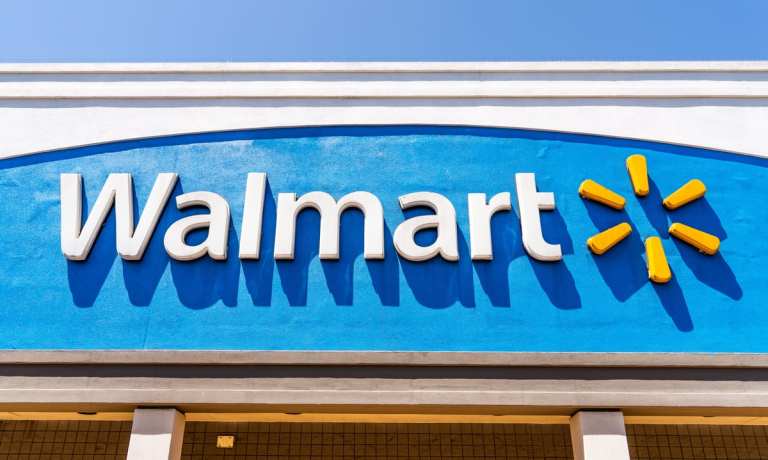Walmart Eyes FinTech Expansion With Ribbit Capital Partnership

For Walmart, FinTechs are in sight — but where to from here?
As reported, Walmart is working with Ribbit Capital to create an as-yet unnamed FinTech that would, the companies said on Monday (Jan. 11) “bring together Walmart’s retail knowledge and scale with Ribbit’s FinTech expertise to deliver tech-driven financial experiences tailored to Walmart’s customers and associates.”
Other than the initial pool of would-be users for whatever products and/or services that might be developed, much seems to be on the table — whether via partnerships or acquisitions (both strategies enumerated in the announcement).
But here’s a tell, yet again from the release:
“For years, millions of customers have put their trust in Walmart to not only save them money when they shop with us but help them manage their financial needs,” Walmart said. “And they’ve made it clear they want more from us in the financial services arena.” Since Walmart has already said it will keep the eponymous credit card, money card, installment financing and other offerings intact, it might be prudent to assume that Walmart may look to supplement those activities — perhaps by helping steer those, for lack of a better term, cash flow maintenance tools to other avenues of financial life.
Financial Services Tools, And Education, Too?
Perhaps, then, to wealth building tools and education?
It should be noted that the strategic linkup promises “modern” financial experiences, which in the digital age tends to mean bringing a range of offerings under one “roof” — via an app that acts as an umbrella. You may be familiar with the fact that Credit Karma (where Ribbit already has an investment) helps users scout for the best credit card deals and loans.
The range of what might come would be determined, in part, by just how far Walmart’s ambitions might stretch. As reported late last year, a U.S. House committee began reviewing the idea of allowing non-bank companies — Amazon and Facebook among them — to receive charters to operate as banks.
We could, conceivably, even see the advent of Walmart’s encouragement of investing — where there’d be a foothold, of course, through Ribbit’s own ties to Robinhood.
The notion of scaling into the markets may indeed be gaining traction. Consider this announcement from Rakuten-owned Cartera, which said on Tuesday (Jan. 12) that it is partnering with Bumped to provide an “entry point to investing.” The deal promotes fractional ownership of stock (as a form of loyalty rewards) through everyday spending across a range of brands.
“Bumped found that the average user who was rewarded in stock showed a 43 percent increase in monthly spending, a 1.5x increase in monthly visits, and 23x ROI for cost of reward,” stated the firms. Elsewhere, as profiled in this space, Leif Abraham, co-CEO of Public.com, drilled down into the company’s business model, where a social-investing platform lets users follow friends and industry experts in order to exchange investing ideas. Users can also buy and sell fractional investments in individual stocks or exchange-traded funds (ETFs).
For Walmart, that sense of community and the long-standing superstore format may be conducive to a “branchlike” environment where members can, post-pandemic, have an omnichannel experience that touches on commerce and financial health in the same visit.
Read More On Retail:
- Amazon’s Prime Day Leaves Walmart+ Deal Days in Summer Haze
- Prime Day Sales Climb 11% as Shoppers Spend $14 Billion, Setting Record
- Vera Bradley CEO: Customization and Interactive Experiences Transform In-Store Journey
- Petco Names Former Five Below Chief Joel Anderson as CEO